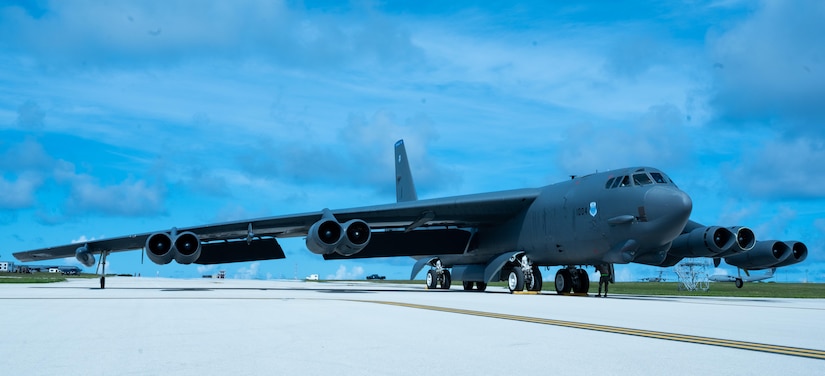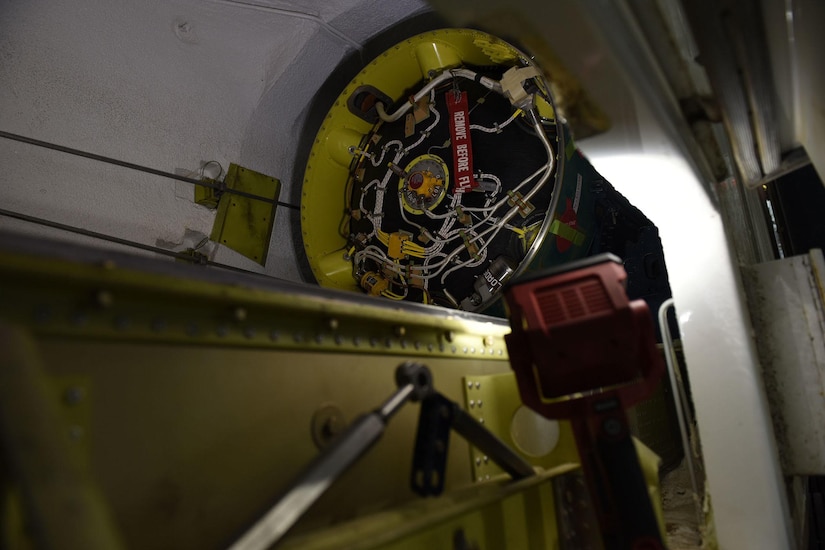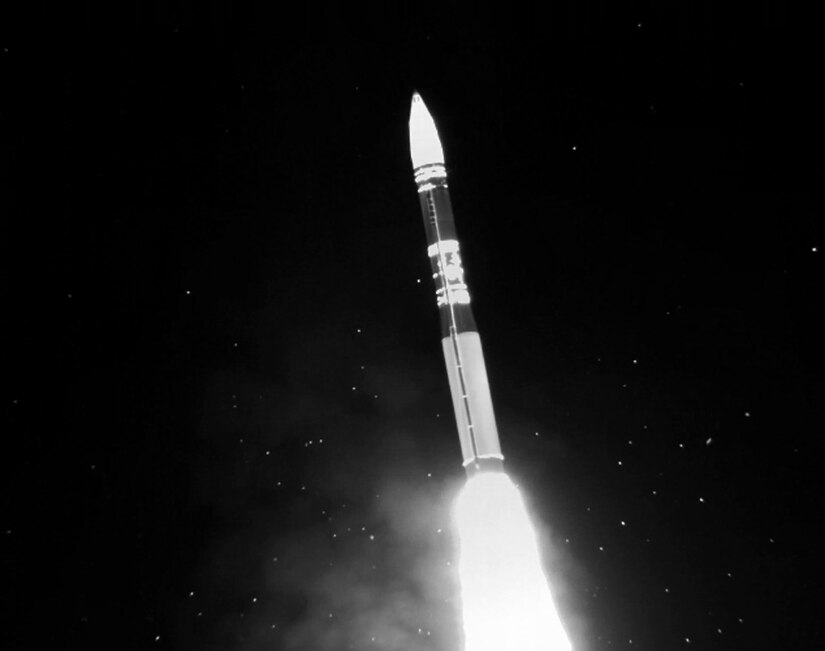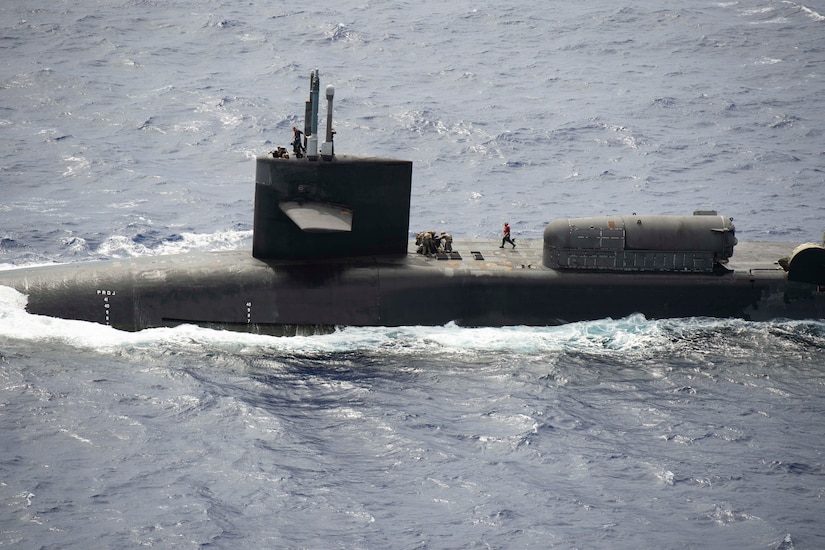May 7, 2021 | , DOD News
The United States and its allies face an increasing set of threats from potential adversaries such as China, Russia and North Korea. U.S. Strategic Command's mission is to deter these threats through the deployment of a set of strategic capabilities, including nuclear armed submarines, bombers and intercontinental ballistic missiles.

Navy Adm. Charles A. Richard, the commander of Stratcom, spoke virtually today about how his command is deterring these threats at the Brookings Institution.
"Strategic deterrence is the most important mission in the Department of Defense. It's our number one priority," he said.
Now for the first time in history, the U.S. faces two nuclear capable strategic peer competitors at the same time, he said.
Richard said he'd love to see a reduced role of nuclear weapons by the U.S., Russia and China and would like to extend them an olive branch.

"I'd love for the day that I could report we don't need a U.S. Strategic Command," he said, because political agreements have been achieved with verification.
A good starting point on the path to reduction, he said, would be to have a conversation with Russia about its non-treaty accountable weapons. Conversations with China would be tremendously beneficial as well.
"One thing you can say about the U.S. and Russia — even all the way through the Cold War, as tense as that was at certain points — is that we talked all the way through and there was great value in that," he said, adding that having open communications can certainly bring the threat level down to everyone's mutual benefit.

In the meantime, however, Stratcom works diligently to achieve a credible nuclear deterrent that is safe, secure and effective, he said, adding that nuclear deterrence is not just about protecting the U.S., it's also about protecting allies.
China, he said, is a growing threat. Their strategic and conventional forces are rapidly expanding in all domains.
Russia is undergoing a very extensive nuclear modernization program as well, he added.

Because of these growing threats from China and Russia, modernizing America's own nuclear triad is of paramount importance, he said.
Richard also highlighted the importance he places on having a highly skilled and motivated workforce to operate and maintain the nuclear triad. These would include scientists, software developers, engineers and technologists.








No comments:
Post a Comment